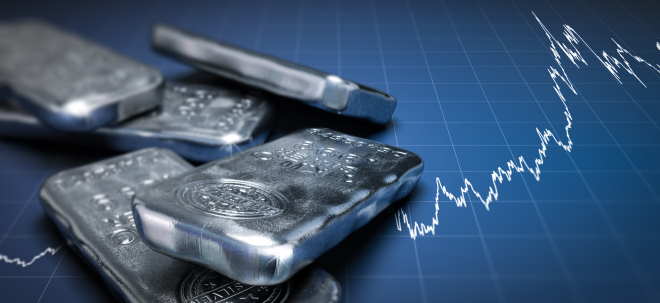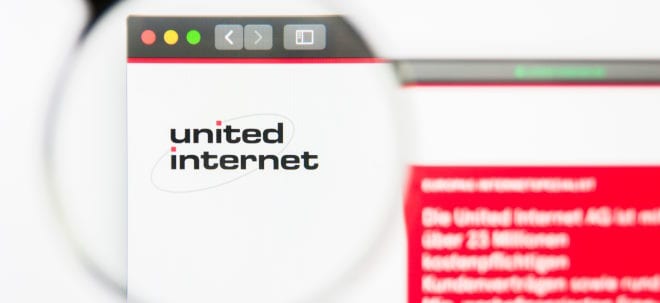Protect Your Hearing This July 4th
Noisy Celebrations Can Cause Hearing Loss—But With a Few Simple Steps, You Can Keep Yourself and Family Safe
ROCKVILLE, Md., June 27, 2025 /PRNewswire/ -- Preparations are underway across the country for the July 4th holiday, and the American Speech-Language-Hearing Association (ASHA) is issuing a simple reminder: Enjoy Independence Day safely.
A single loud blast that lasts less than 1 second can cause permanent hearing loss. This noise can come from fireworks.Fireworks, firecrackers, and holiday parades and concerts can reach noise levels loud enough to inflict permanent hearing damage, according to the association. Luckily, by taking some easy precautionary steps, you can still enjoy these activities and keep yourself and your loved ones safe.
Any exposure to excessively loud noise can cause hearing loss. This type of hearing loss is preventable, but once it occurs, it's irreversible. The World Health Organization estimates that more than 1 billion young people ages 12–35 globally are at risk of hearing loss due to recreational exposure to loud sounds. However, people of any age are susceptible.
Noise-Induced Hearing Loss
Three factors contribute to noise-induced hearing loss:
- how loud the noise is
- how close you are to the noise
- how long you hear the noise
Sounds at 70 decibels (dB) or lower are generally safe to listen to for an extended period of time. Sounds at 80 dB (for adults) or 75 dB (for children) can lead to hearing loss if you listen to them for more than 8 hours at a time.
Sounds over 85 decibels can damage your hearing faster. The safe listening time is cut in half for every 3-dB rise in noise levels over 85 dB. For example, you can listen to sounds at 85 dB for up to 8 hours. If the sound goes up to 88 dB, then it is safe to listen to those same sounds for 4 hours. If the sound goes up to 91 dB, then your safe listening time goes down to just 2 hours.
Instantaneous Damage
A single loud blast or explosion that lasts less than 1 second can cause immediate and permanent hearing loss. This noise—called impulse noise or impact noise—can come from fireworks. Impulse noise is measured in decibel peak pressure (dBP). Impulse noise greater than 140 dBP will instantly hurt a person's hearing. Fireworks and firecrackers that are set off 3 feet from the listener can measure 150 dBP. This is considered painful to the ears—and it well exceeds a safe listening level of 75–80 dB.
Tips for Protecting Yourself
ASHA recommends the following easy but effective steps this July 4th:
For more information about hearing loss and where to find an audiologist near you, visit www.asha.org/public.
About the American Speech-Language-Hearing Association (ASHA)
ASHA is the national professional, scientific, and credentialing association for 241,000 members, certificate holders, and affiliates who are audiologists; speech-language pathologists; speech, language, and hearing scientists; audiology and speech-language pathology assistants; and students. Audiologists specialize in preventing and assessing hearing and balance disorders as well as providing audiologic treatment, including hearing aids. Speech-language pathologists (SLPs) identify, assess, and treat speech, language, and swallowing disorders. www.asha.org
Media Contact:
Francine Pierson
301-296-8715
fpierson@asha.org
![]() View original content to download multimedia:https://www.prnewswire.com/news-releases/protect-your-hearing-this-july-4th-302493320.html
View original content to download multimedia:https://www.prnewswire.com/news-releases/protect-your-hearing-this-july-4th-302493320.html
SOURCE American Speech-Language-Hearing Association (ASHA)


